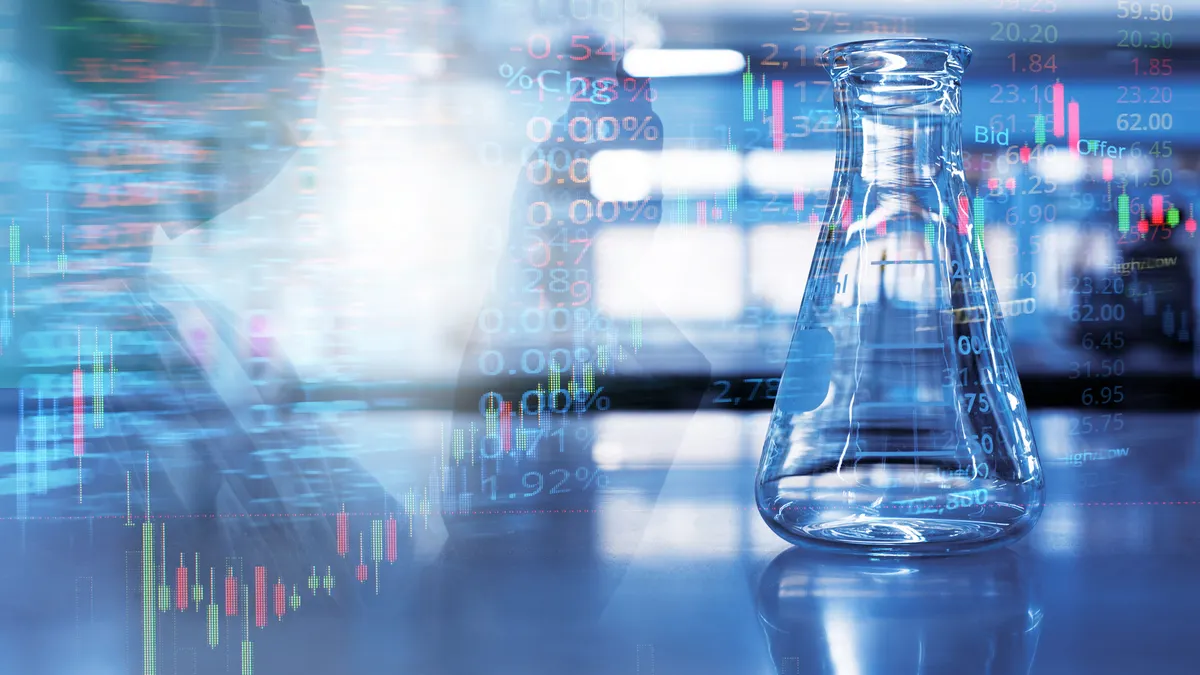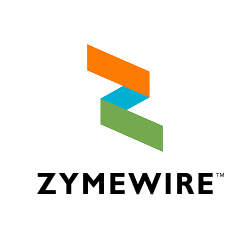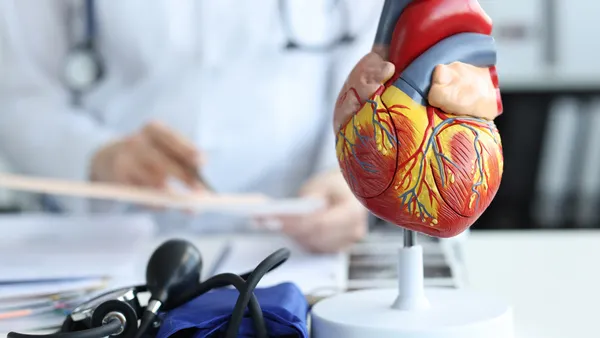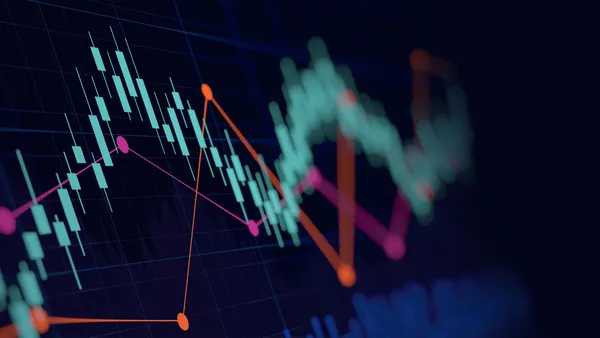Dive Brief:
- BioCryst Pharmaceuticals said Tuesday it is buying Astria Therapeutics in a cash-and-stock deal centered around an experimental hereditary angioedema medicine in late-stage testing.
- Per deal terms, Astria stockholders will receive $8.55 in cash and 0.59 BioCryst shares for each Astria share they own. The offer implies a per-share value of $13, or about $700 million, representing a 53% premium over Astria's closing share price on Monday.
- The acquisition hands BioCryst a long-lasting injectable antibody drug dubbed navenibart that’s meant to prevent the swelling episodes associated with hereditary angioedema. Phase 3 data are expected in 2027.
Dive Insight:
Hereditary angioedema, while rare, has become a very competitive area of drug research. Multiple marketed medicines are available that can help either prevent the potentially life-threatening swelling attacks people experience, or treat symptoms when they occur.
BioCryst is already well familiar with the disease. Its business is currently built around Orladeyo, a once-daily pill that’s used to ward off swelling attacks. The drug generated about $438 million last year, and BioCryst expects net revenue to climb as high as $600 million in 2025.
But Orladeyo doesn’t completely eliminate attacks, and it faces competition from multiple other emerging competitors. This year alone, the FDA approved two injectable, preventive therapies, as well as a pill that serves as an on-demand medication. A gene editing medicine from Intellia Therapeutics is also in late-stage testing.
The drug BioCryst is acquiring from Astria, then, could plug a hole, adding a therapy with the potential to be dosed every three to six months — far less frequently than Takeda’s “gold standard” injectable Takhzyro, wrote Leerink Partners analyst Joseph Schwartz.
The deal also suggests BioCryst is going “all in” on hereditary angioedema, added RBC Capital Markets analyst Brian Abrahams. While the treatment landscape is crowded, the buyout “is a more prudent use of capital than investing heavily in high-risk early-stage internal orphan disease pipeline programs,” Abrahams wrote.
Abrahams added that navenibart demonstrated “strong efficacy” and a “favorable safety/tolerability profile” in earlier testing. BioCryst now anticipates $1.8 billion in revenue from their hereditary angioedema portfolio in 2033, he wrote.
The deal is expected to close in the first quarter of 2026. When it does, BioCryst will also gain an early-stage drug candidate for atopic dermatitis. It’ll seek “strategic alternatives” for that asset, however, according to a statement.















